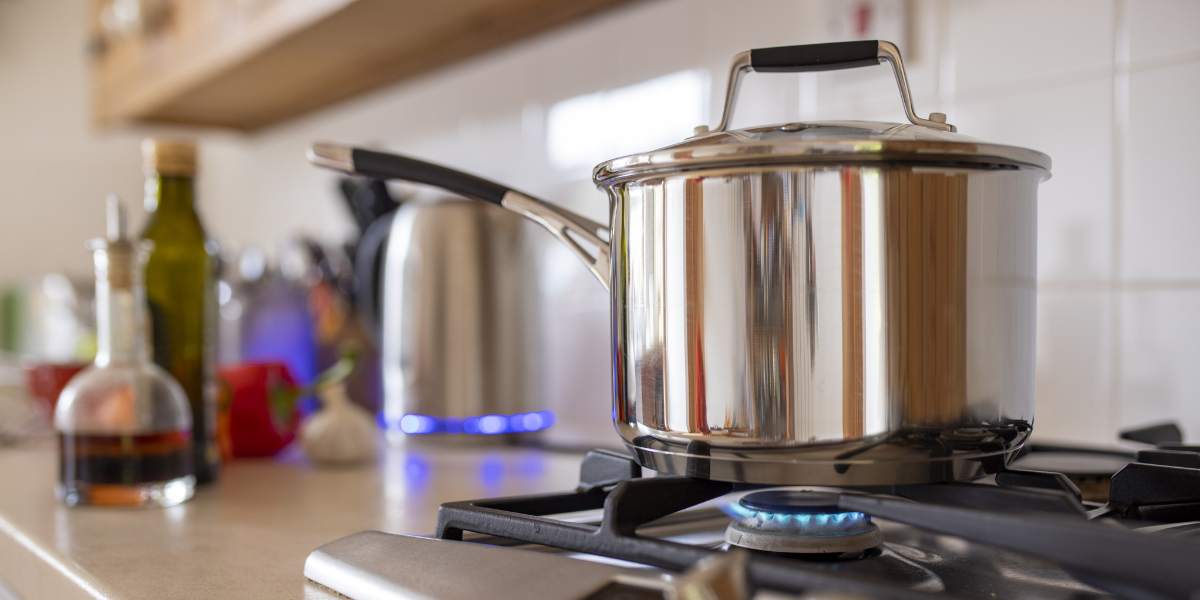Children living in a house with a gas cooker are more likely to develop asthma compared to those with an electric cooker, new research reveals.
Scientists from the Netherlands have found that gas cookers are releasing pollutants into the air, putting children at risk of developing asthma.
During the investigative study, a team of researchers analysed the air quality of more than 240 houses.
- High blood pressure linked to traffic noise and air pollution
- Ozone pollution linked to increased cardiovascular hospital admission risk
- Traffic pollution shown to impair brain function
They discovered that the nitrogen dioxide levels were 50% higher in homes cooking with gas compared to those cooking without.
The findings show that one in four homes from the study exceeded the World Health Organization’s hourly pollution levels.
However, none of the homes using electric cookers broke the limits. The daily limit for nitrogen dioxide was breached for 3.25 days over the 13-day testing period.
Scientist Piet Jacobs said: “Changing to electric cooking – preferably combined with use of well-designed ventilation hoods to reduce exposure to high levels of particulate matter from cooking – can bring these values down to below recommended levels.”
According to the research report, nitrogen dioxide can damage an individual’s lungs and airways.
The results show that high pollution levels sometimes lasted for several hours in the homes with gas cookers.
- Major study shows exposure to air pollution puts people at greater risk of multiple health conditions
- Climate change and air pollution could worsen neurological conditions
- Air pollution worsens stroke outcomes
Juana María Delgado-Saborit reviewed the findings and said: “This is a key study that will facilitate raising awareness and triggering action that will protect the health of those most vulnerable, like our children.
“The biggest limitation of the study was that the researchers had to use sensors, which did not perform as well as the scientific instruments used to measure air quality in laboratories or outdoors.”
She added: ‘I have seen the evidence from their quality assurance programme, and I am confident that the researchers have used sound methods.”





